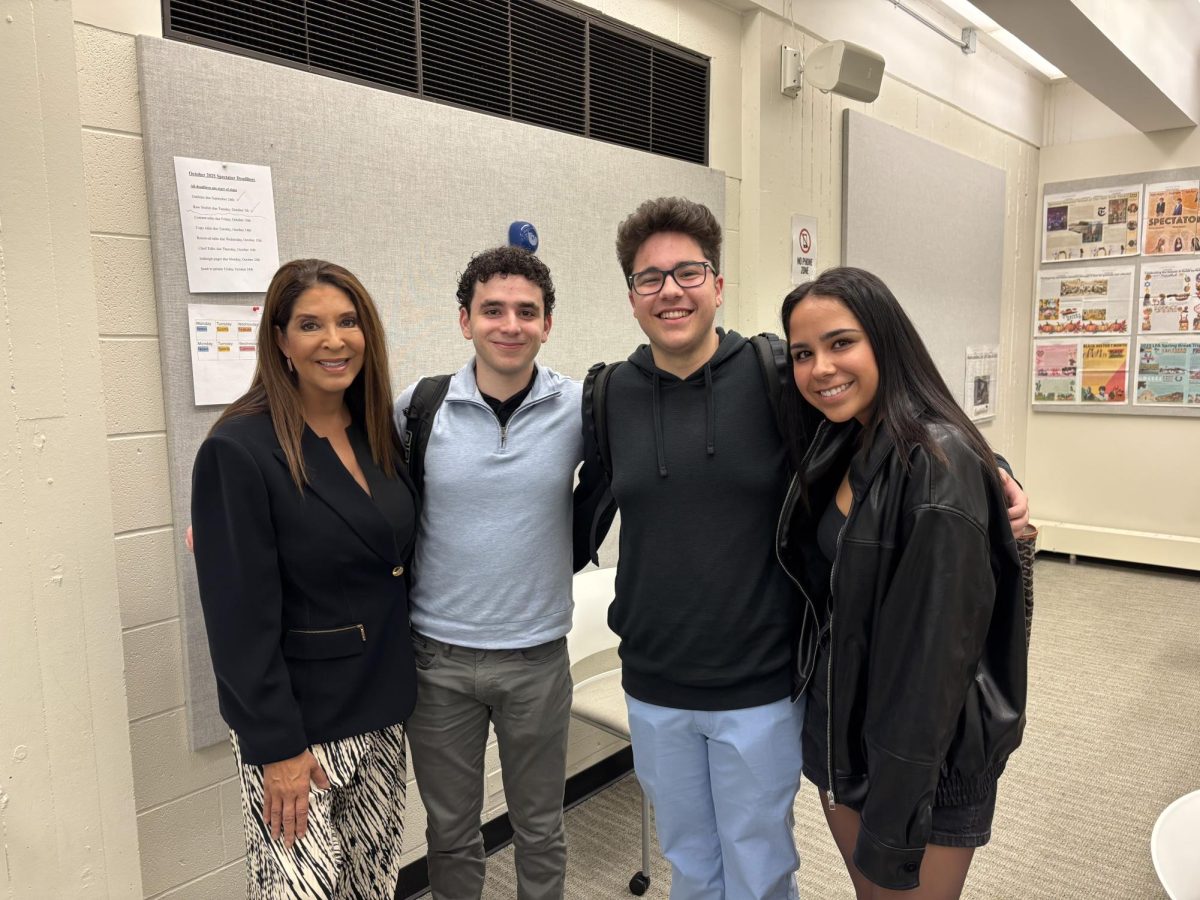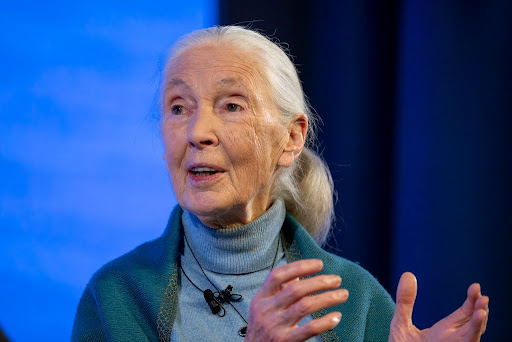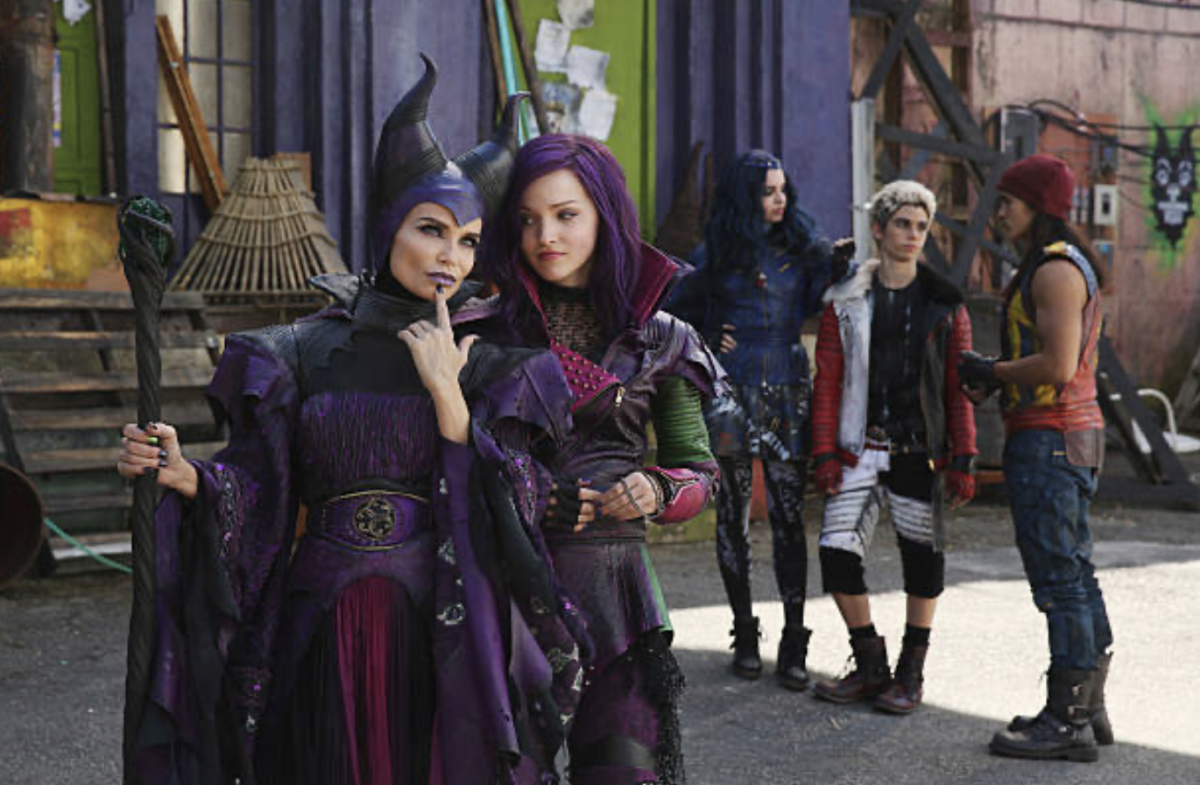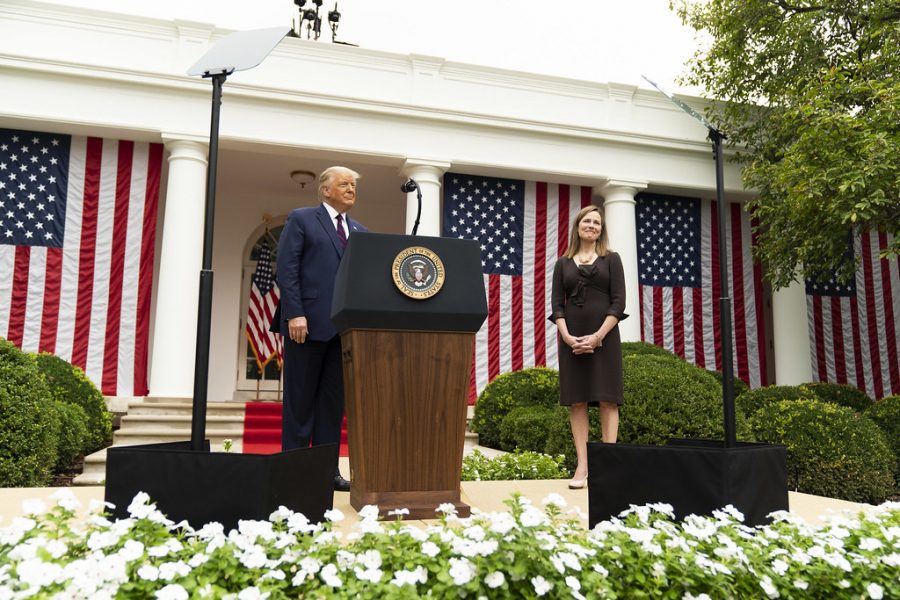New Supreme Court Justice and What It Means for Us
Photo by Creative Commons
Justice Amy Coney Barrett receives formal nomination to the Supreme Court by Donald Trump on September 26th, 2020.
November 6, 2020
Among the seemingly hundreds of controversies happening in 2020, the Supreme Court nomination of Judge Amy Coney Barrett is one of the most recent and contentious. On September 18th of this year, the beloved Ruth Bader Ginsburg died of a long struggle with pancreatic cancer. After 27 years on the Supreme Court, Ginsburg had an immense impact on our country, fighting for women’s rights and marriage equality.
After the late Justice Ginsburg’s death, President Donald Trump nominated Amy Coney Barrett to take her seat. A conservative professor from Indiana who worked at Notre Dame, Mrs. Barrett shifts the court to be a 6-3 majority conservative majority. This has secured Republican influence in the Supreme Court despite the party losing jurisdiction in Congress.
The controversy that comes with this nomination is that 2020 is an election year and the late Justice Ginsburg died just as voting had started. Barrett was nominated only 38 days before election day, which made many Democrats across the country point to the hypocrisy of the situation, as a similar situation happened just four years ago.
The late Justice Antonin Scalia died February 13, 2016 during an election year, and former President Barack Obama nominated Merrick Garland 237 days before the election. Senator Mitch Mconnell of the Republican party successfully blocked this nomination, arguing that because it was an election year, the next president should nominate the future justice.
Since the nomination of Barrett creates a strong conservative hold in the Supreme Court, Democrats have suggested that the court be expanded, adding justices in order to create a more balanced court that reflects the views of the people.
When asked about what a 6-3 majority conservative court would mean for the country, Aviral Pathak, AP Government teacher, said, “If Amy Coney Barrett becomes a member of the Supreme Court, then any case the Supreme Court is going to hear… will more than likely be cases that benefit the conservative cause and not the progressive cause.” Pathak pointed out that cases such as Roe v. Wade, that protects abortion rights, or the Affordable Care Act, which allows for more accessible healthcare, could be in jeopardy.
When asked about what Barrett’s confirmation could mean for the human rights of this country, Samuel Wold, Human Rights teacher stated, “Tens of millions of people could lose healthcare coverage, which is a human right.” Although this conformation threatens many laws put in place and is so controversial, Wold urges students to educate themselves on Barrett’s views no matter their beliefs and understand the necessity of exercising their civic duties as young people.





































